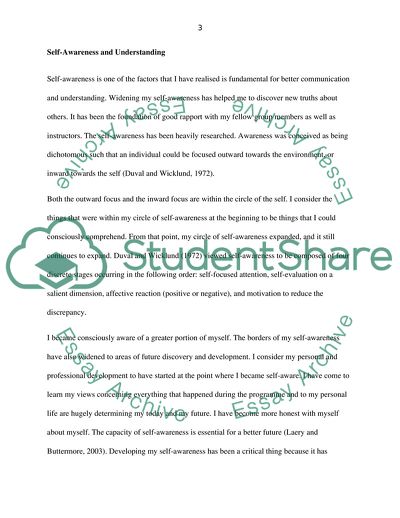Cite this document
(A Reflection on Personal and Professional Development Essay, n.d.)
A Reflection on Personal and Professional Development Essay. https://studentshare.org/marketing/1876670-personal-development-skills
A Reflection on Personal and Professional Development Essay. https://studentshare.org/marketing/1876670-personal-development-skills
(A Reflection on Personal and Professional Development Essay)
A Reflection on Personal and Professional Development Essay. https://studentshare.org/marketing/1876670-personal-development-skills.
A Reflection on Personal and Professional Development Essay. https://studentshare.org/marketing/1876670-personal-development-skills.
“A Reflection on Personal and Professional Development Essay”. https://studentshare.org/marketing/1876670-personal-development-skills.


